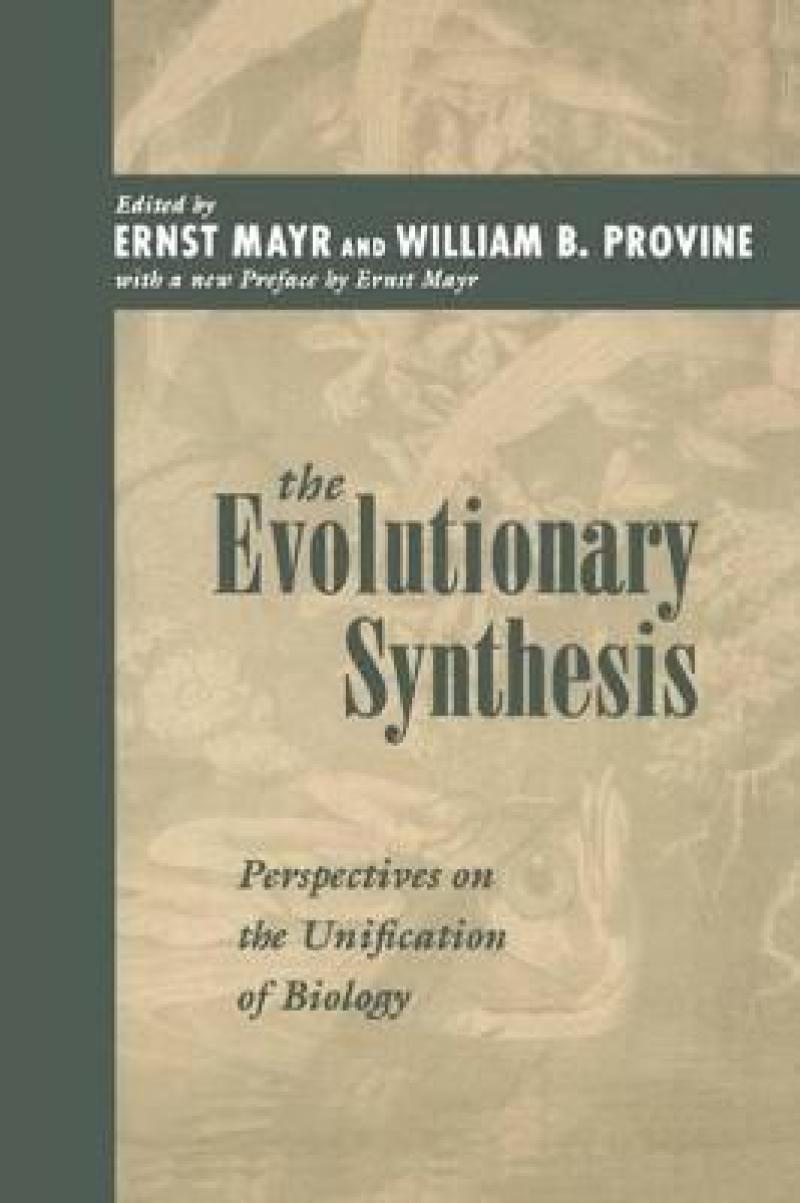If you want to know how genetics and evolutionary biology were forged into a monolithic Darwinian whole, then read <i>The Evolutionary Synthesis</i>. These reissued transcripts date from a conference in 1974, when many of the architects of the synthesis were still around to present their own personal recollections.
New Scientist [UK]
This book provides not only a good history of the evolutionary synthesis, but many new scientific insights and ideas. I found myself rethinking a number of subtle and some not-so-subtle points of evolutionary theory while reading this historical work… <i>The Evolutionary Synthesis</i> is a major contribution to the history of biology, and for the specialist in evolutionary biology it is an important scientific work.
- Walter J. Bock, Auk
Classic essays by key players in the ‘modern synthesis’ of evolutionary biology.
Nature
[This] book will appeal to anyone, evolutionist or not, who is interested in the history and philosophy of science.
- Matt Cartmill, New England Journal of Medicine
Biology was forged into a single, coherent science only within living memory. In this volume the thinkers responsible for the “modern synthesis” of evolutionary biology and genetics come together to analyze that remarkable event.
In a new Preface, Ernst Mayr calls attention to the fact that scientists in different biological disciplines varied considerably in their degree of acceptance of Darwin’s theories. Mayr shows us that these differences were played out in four separate periods: 1859 to 1899, 1900 to 1915, 1916 to 1936, and 1937 to 1947. He thus enables us to understand fully why the synthesis was necessary and why Darwin’s original theory—that evolutionary change is due to the combination of variation and selection—is as solid at the end of the twentieth century as it was in 1859.
